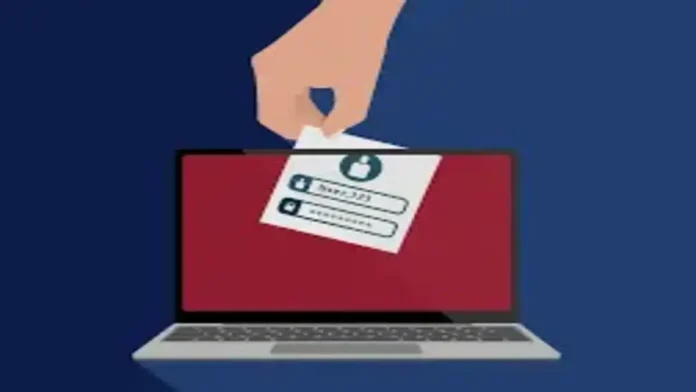Income tax officials will be allowed to view and examine everyone’s bank accounts, trading accounts, social media accounts, personal emails, and online investment accounts as of April 1, 2026.
In accordance with the Income Tax Act of 1961, authorities have the authority to block access to digital platforms if they suspect someone of evading income tax or if they have reasonable suspicion that someone has any undisclosed income, money, gold, jewelry, or valuable property on which the relevant income tax has not been paid.
Income tax officials have the authority to search and seize assets and books of accounts in accordance with Section 132 of the current I-T Act, 1961, if they have reason to suspect that a person is hiding any unreported income, property, or documents in order to avoid paying taxes.
This gave them the ability to break the lock on any door, box, or locker if they couldn’t find their keys or had cause to believe that any books of accounts or undeclared valuables were being stored there. But under what they dubbed the “virtual digital space,” the new I-T bill expanded this authority to include a citizen’s computer systems and cell phones.
The powers mentioned under Section 247 of the Income tax Bill 2025 state: “…break open the lock of any door, box, locker, safe, almirah, or other receptacle for exercising the powers conferred by clause (i), to enter and search any building, place, etc., where the keys thereof or the access to such building, place, etc., is not available, or gain access by overriding the access code to any said computer system, or virtual digital space, where the access code thereof is not available.”
The new bill goes on to define “virtual digital space” as follows: “An environment, area or realm, that is constructed and experienced through computer technology and not the physical, tangible world which encompasses any digital realm that allows users to interact, communicate and perform activities using computer systems, computer networks, computer resources, communication devices, cyberspace, internet, worldwide web and emerging technologies, using data and information in the electronic form for creation or storage or exchange.”
These include digital application platforms, remote servers or cloud servers, email servers, social media accounts, online investment accounts, trading accounts, banking accounts, etc., as well as any website used to store information on the ownership of any asset.
The scope of authorities’ “reason to believe” is not specified under the Act. This implies that on the basis of a simple suspicion of tax evasion, income tax agents could deny access to “any said computer system, or virtual space.” As a result, it has led to concerns regarding digital privacy of users.
“Your email and social media account can be accessed by income tax officers starting next financial year in these cases -This is an assault on our rights! Govt should provide safeguards against misuse, get a court order before this,” says former Infosys CFO Mohandas Pai, in a post on X, tagging the prime minister.
Sonam Chandwani, Managing Partner at KS Legal and Associates, says, “While the government may justify it as a measure to curb tax evasion and undisclosed digital assets, the broad and vague definition of VDS essentially allows unrestricted surveillance over an individual’s financial and private digital presence.” “In the absence of judicial oversight or specific procedural safeguards, this provision risks becoming a tool for arbitrary scrutiny rather than a structured tax enforcement mechanism. The new Income Tax Bill lacks clear procedural checks, potentially leading to unrestricted data harvesting and fishing expeditions against businesses, professionals, and individuals,” she says.
Given how advanced technology has become in today’s world, it is crucial to examine the digital realm from a tax perspective. Experts have expressed worry, meanwhile, that the proposed I-T bill in its current form violates data privacy principles by granting tax authorities unfettered access.
Without protections, such extensive monitoring capabilities violate people’s right to privacy, which makes Article 21 of the Constitution unconstitutional. The Supreme Court noted in the 2017 hearing for Justice K.S. Puttaswamy v. Union of India that the right to privacy is “a sacrosanct facet of Article 21 of the Constitution” and that any governmental interference must satisfy the “test of legality.” Furthermore, the new I-T bill’s unfettered surveillance violates Article 19(1) of the constitution, which guarantees everyone the right to free speech and expression, making it legally dubious and precarious.




